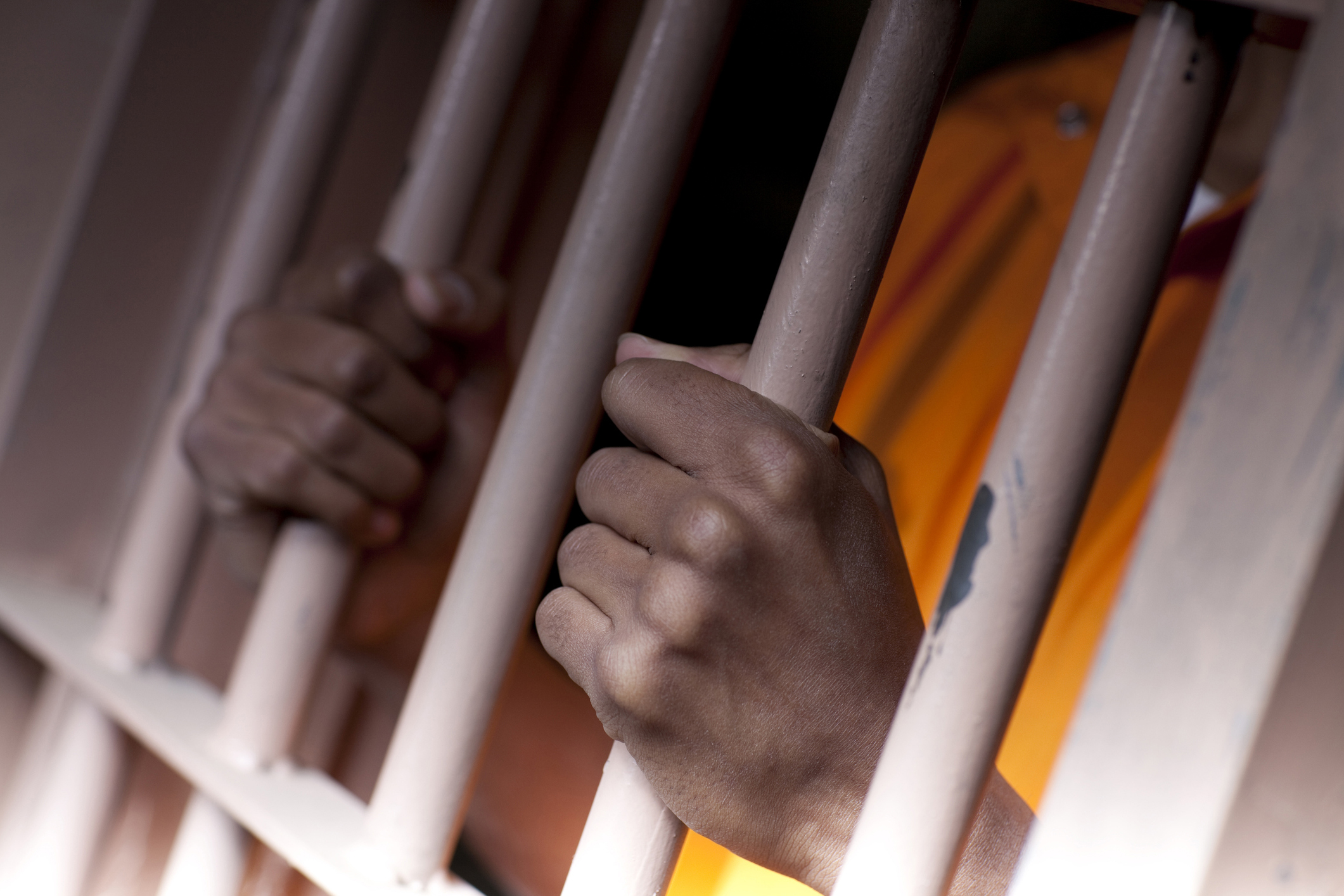
WINSTON-SALEM, N.C. (BP) — A federal judge’s ruling suspending enforcement of North Carolina’s so-called bathroom bill for three individuals in the University of North Carolina system has been classified by a pro-family organization in the state as “very narrow” and of “little effect” practically.
Judge Thomas Schroeder ruled Aug. 26 that UNC must allow three transgender individuals to use restrooms corresponding to their perceived gender identity until their claim challenging North Carolina’s House Bill 2 is decided. H.B. 2, among other provisions, requires individuals at public agencies to use restrooms corresponding to the biological sex indicated on their birth certificates.
“Judge Schroeder has made a very narrow ruling by suspending enforcement of H.B. 2’s bathroom provisions only for the three UNC transgender student and faculty plaintiffs,” Tami Fitzgerald, an attorney and executive director of the North Carolina Values Coalition, said in a statement. “H.B. 2 remains in effect for all others at UNC and across the state. Since UNC has refused to enforce H.B. 2, the ruling has little effect.”
Schroeder, a George W. Bush appointee to the United States District Court for the Middle District of North Carolina, ruled two transgender students and a transgender employee “are likely to succeed” in their challenge of H.B. 2’s bathroom use provision because that provision violates Title IX of the 1972 federal Education Amendments, as interpreted by the Obama administration.
The relevant precedent in the UNC case, Schroeder wrote in an 83-page opinion, is the Fourth U.S. Circuit Court of Appeals’ April ruling that a transgender high school student in Virginia is entitled to use restrooms and other facilities corresponding to her gender identity. The Fourth Circuit ruled, Schroeder stated, that “controlling weight” should be given to the Department of Education’s interpretation of “sex discrimination” in Title IX as including gender identity discrimination.
The 1972 amendment includes no mention of gender identity.
Schroeder hinted he may agree with a dissent to the Fourth Circuit ruling but said accepting North Carolina’s arguments against the appellate court’s reasoning “would violate” his “obligation” to “follow circuit precedent.”
Schroeder’s ruling noted a Texas-based federal judge’s ruling against the Obama administration’s so-called transgender directive to public schools and universities as well as the U.S. Supreme Court’s stay of the Fourth Circuit ruling until the case is resolved on appeal. Schroeder argued, however, that the Fourth Circuit’s reasoning “remains the law in this circuit,” which includes Virginia, North Carolina, South Carolina and West Virginia.
Despite their successful argument regarding Title IX, the transgender plaintiffs in the UNC case “have not made a clear showing they are likely to succeed” in their claim H.B. 2 violates the Fourteenth Amendment’s Equal Protection Clause, Schroeder wrote.
Mark Harris, a North Carolina pastor and former Republican candidate for both the U.S. Senate and House of Representatives, told Baptist Press “the court appears to be waiting for a higher court’s decision.”
“Ultimately, everyone believes that the Supreme Court will end up ruling on this, particularly when you have the federal judge in Texas putting a stay on all of what the federal government was trying to do through President Obama’s Justice Department’s actions,” said Harris, pastor of First Baptist Church in Charlotte, N.C.
Despite the narrowness of Schroeder’s ruling and its limited effect, Harris said “any decision like this feels like it takes us one step back. You would like to have every ruling come down in favor of H.B. 2 in terms of stating the issues of privacy and safety that we feel like are impacted here.”


















